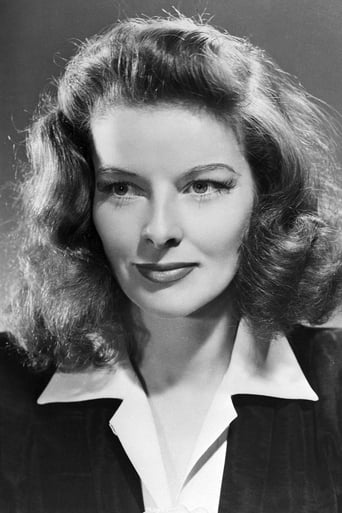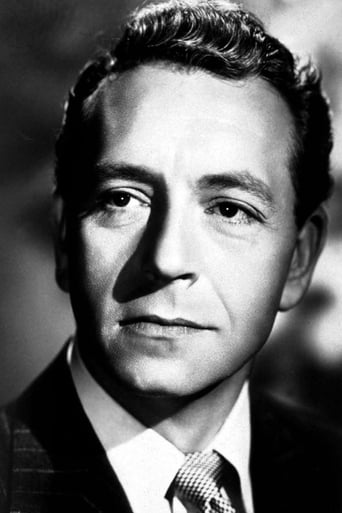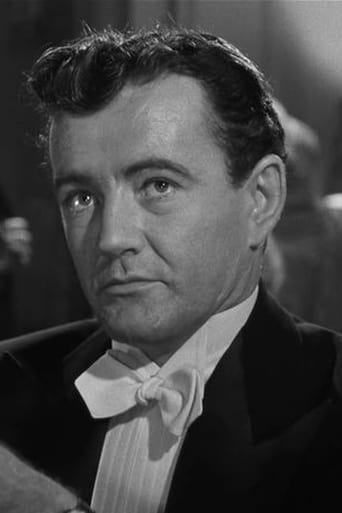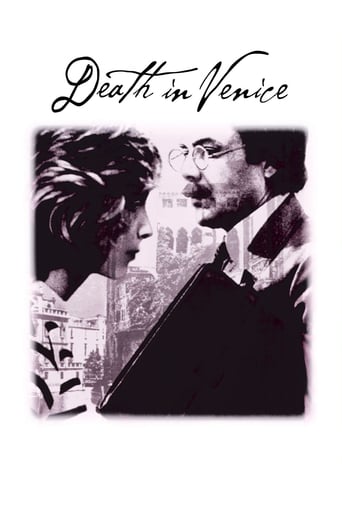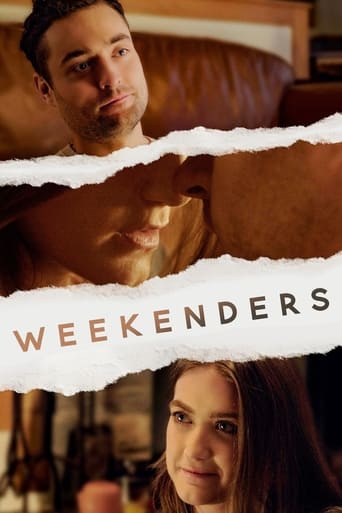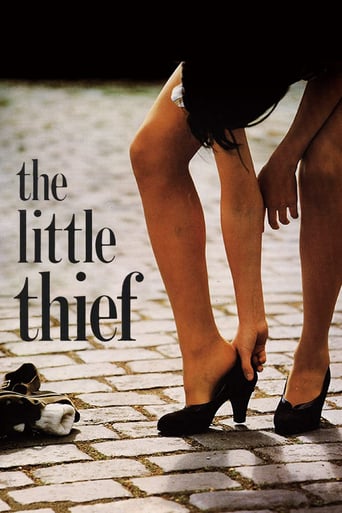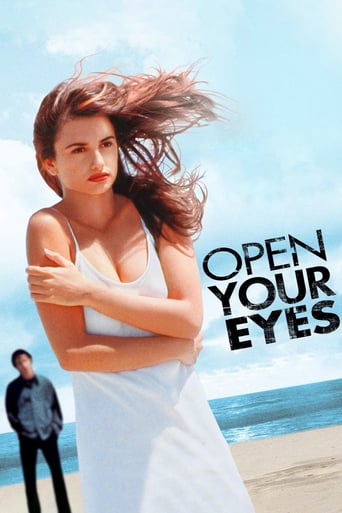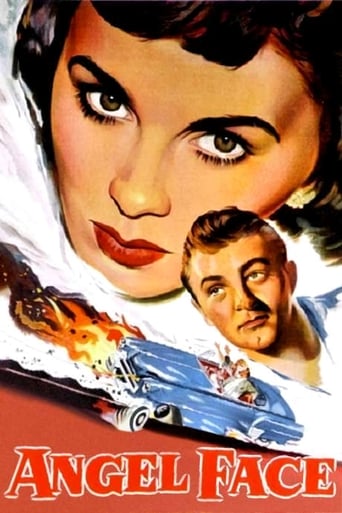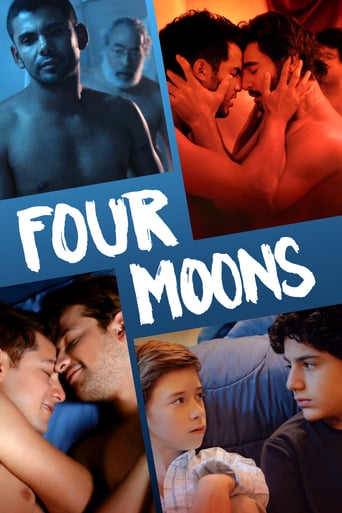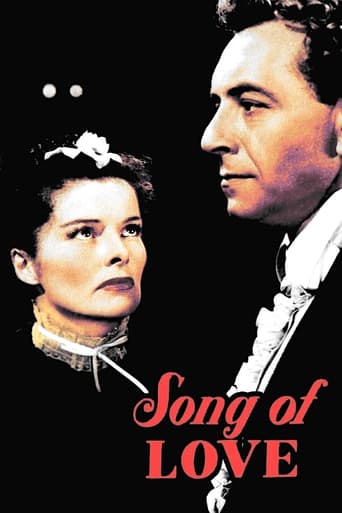
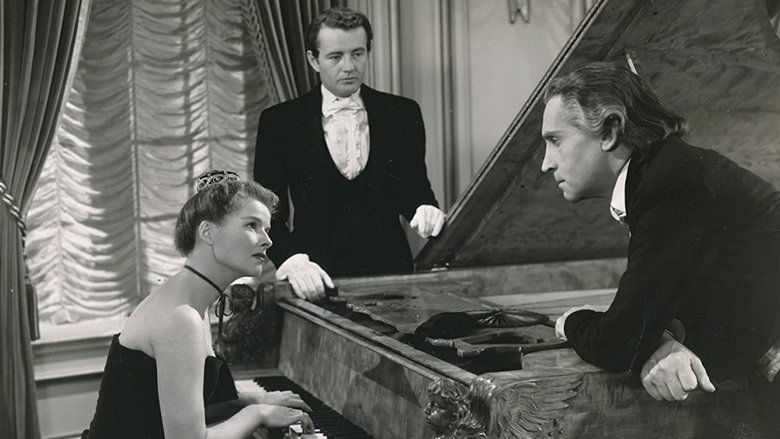
Song of Love (1947)
Composer Robert Schumann struggles to compose his symphonies while his loving wife Clara offers her support. Also helping the Schumanns is their lifelong friend, composer Johannes Brahms.
Watch Trailer
Cast


Similar titles
Reviews
Fresh and Exciting
Fantastic!
Unshakable, witty and deeply felt, the film will be paying emotional dividends for a long, long time.
The movie turns out to be a little better than the average. Starting from a romantic formula often seen in the cinema, it ends in the most predictable (and somewhat bland) way.
In this biopic of Robert Schumann, Paul Henreid plays the struggling pianist and Katharine Hepburn plays his wife, also a pianist. While Paul felt fine about using a hand double during the musical scenes, Kate trained so that she would be believable as a piano player. Not only do you see her playing during the scenes, but you actually hear her, too! Usually, music is dubbed over, but Kate was so flawless in her playing that director Clarence Brown opted to let audiences hear her music. So, if you want to see Katharine Hepburn showing an enormous amount of musical talent, this is the movie for you! Robert Walker costars as Johannes Brahms, as well as Henry Daniell as Franz Liszt. It's an interesting story to see the three famous musicians together, but the main focus of the plot is the Schumanns. Kate puts her career on hold to give her full support to Paul as he pursues his musical dreams, but will the pressure prove to be too much for him? You'll have to watch the film, or know your history, to find out.My favorite scene in the film is during one of Katharine Hepburn's concerts. There she is, in a beautiful ball gown, playing a slow concerto to hundreds of people in a theater, when a nurse shows herself in the wings and tries to get Kate's attention. She holds up Kate's newborn baby, indicating that the child is hungry and needs food from Mama. Kate immediately speeds up the piano concerto, to the audience's confusion and entertainment, so that she can finish the piece as quickly as possible and attend to her baby. It's hilarious and adorable. If you like musical movies, or if you found that scene too cute to resist, go ahead and rent Song of Love. It probably won't be your all-time favorite Katharine Hepburn movie, but it's pretty good.
Copyright 12 July 1947 by Loew's Inc. An MGM picture. New York opening at the Radio City Music Hall: 9 October 1947. U.S. release: October 1947. U.K. release: 27 October 1947. Australian release: 28 August 1947. 10,788 feet. 120 minutes. SYNOPSIS: Robert Schumann's success as a composer seems assured when he marries the celebrated pianist Clara Wieck, despite her father's strenuous objections. COMMENT: Great music, marvelously performed (even by the normally lackluster MGM Symphony Orchestra), studding a story which although sometimes banal and always over-romanticized (and rather indifferently acted by Henreid and particularly Walker) maintains the interest. As usual, our complaint is that the scriptwriters would have made a more colorful and enthralling film out of the real facts instead of the half-truths here presented. For instance Professor Wieck opposed Schumann's marriage to Clara not only on the grounds of his lack of prospects but because of his mental instability and drunkenness. He had already attempted suicide in 1833. As for the acting, I think the producer should have switched the lead roles and cast Walker as Schumann, Henreid as Brahms. However, we have no complaints with the other players. Hepburn is perfect and her piano-playing looks so skillful, we can readily believe that she (instead of Rubinstein) is actually supplying the music. The movie's other stand-out performance is provided by Henry Daniell, who not only looks like Liszt, but conveys the vigor, the enthusiasm, the calculating passion that the great composer undoubtedly possessed. Although confined to a few early scenes, Leo G. Carroll makes a forceful impression as Clara's father. We like the way he sits behind her at the opening concert, whispering directions. Brown has directed the musical sequences with an agreeably fluid camera style that reinforces the baroque vastness of the concert hall sets, packed with costumed extras. Photography and other credits are likewise smoothly stylish in these musical recitals. By contrast, the domestic scenes are handled in a surprisingly pedestrian fashion. A few attempts to leaven them with slapstick comic relief seem both clumsy and inappropriate.A pity we don't see a lot more of Daniell, a lot less of Henreid and Walker. Never mind, the music and Hepburn's radiant acting and skillful miming, make up for a lot.OTHER VIEWS: Exquisite music in this talky but ingratiatingly acted (particularly by Hepburn and Daniell), superbly photographed and set, period comedy-drama. Hepburn gives a luminous performance. Even Walker is sincere and convincing, the costumes are A-1, the sets splendid with Brown and photographer Stradling making great use of them, the sound recording, while it has some unfortunately tinny moments, particularly during Liszt's recital, is of a higher standard than we might expect of MGM and a fine array of character players including Byron Foulger's court attendant, and Francis Pierlot's congratulating musician are on are on hand. Brown makes splendid use of Hans Peters' magnificent sets and the milling crowds of extras, even indulging in a few bravura effects like the dazzling dolly back through the miniature of the concert hall set (marvelous special effects by Warren Newcombe) right at the conclusion. Superbly atmospheric photography by Harry Stradling makes the sequences with dreary old Paul Henreid almost attractive to look at. Henreid is actually well cast as the lackluster Schumann who after his vigorous opening scenes in which he stands up to Leo G. Carroll's awesome martinet, spends the rest of the film being dominated by Miss Hepburn and feeling sorry for himself, through into effectiveness again in his concluding scene at the asylum (Clinton Sundberg as the doctor). This movie provides a feast for music lovers, and it's certainly good to get away from Metro-Goldwyn-Mayer's usual escapist fare.
First of all, Katherine Hepburn is badly miscast as Clara. She just can't be convincing as the devoted, selfless, rather smarmy wife that the writers have created.But the real weakness of the film is its shallowness in the face of a potentially great piece of drama. Schumann's bipolar (manic-depressive) disorder amounts to "Oh, oh, I have a headache" and the occasional angry word. Suicide? The word is used, but there's no sign of it in domestic scenes and when we see him in the mental hospital he's calm and subdued and smiling and optimistic. A superficial treatment. And Brahms is so upright and bourgeois - no sign of his gruff humour, his love of tweaking the noses of the establishment, no sign of his tortured attitude toward sex and women resulting from spending his youth playing piano in brothels. And was Clara's long concert career entirely about promoting Robert's music, or was she, in fact, a remarkable pianist who wanted a career for herself, a female pianist carving out a place for herself in a male world? Any sort of treatment of the lives of great artists is better than none, but this is a standard Hollywood, middle-of-the-road approach, particularly disappointing because the real story is so much more dramatic, so much more interesting, so much more human.
And Johannes Brahms. The music performances are completely devoid of the usual dumbing-down that was par for Hollywood in this era. Artur Rubinstein provides exquisite versions of the piano pieces, and the orchestral performances are authentic and done beautifully. The story is a sensitive abridgement/invention of the biographies of these three musical greats. The actors are uniformly superb with Henreid and Walker at the top of their game and Hepburn perfectly cast and giving it all she's got. I expected cornball trash. Instead this is one of the best music bios Hollywood ever produced. Clearly the producer/director Clarence Brown appreciated this music and brought together artists who could do it justice. Bravo!


